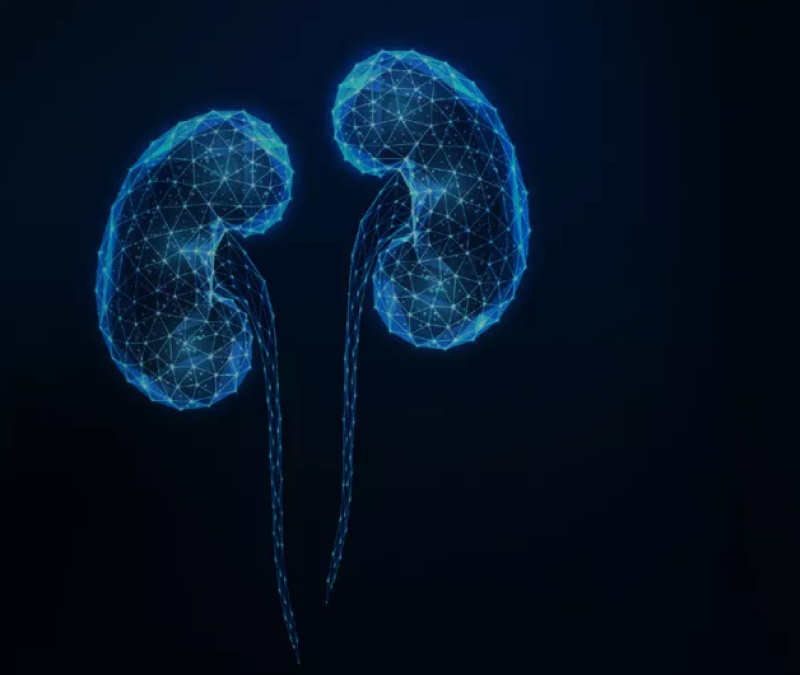As one of Tirupati's most well-known kidney facilities, Aster Narayanadri Hospital offers top-notch nephrology services, including permcath insertion, continuous ambulatory peritoneal dialysis (CAPD), kidney transplantation, and dialysis. The dialysis facilities have a double RO water treatment facility for a clean and sterile environment for hemodialysis and dialysis. To care for the patients and ensure that their medical needs are effectively and efficiently satisfied, our nephrology department provides 24 hours a day emergency services, outpatient and inpatient divisions, a daycare centre, and a highly committed medical staff. They provide
- Critical care nephrology to prevent, manage and cure acute disorders of kidney function
- Hemodialysis and peritoneal dialysis for renal failure
- Lithotripsy to break up the kidney stones
- Nephrectomy to treat many kidney diseases
- Percutaneous nephrolithotomy to remove kidney stones
- Dietary counselling for individualized nutritional care.
Our Doctors
We have some of the best specialists from around the world, they bring years of experience and offer evidence-based treatment to ensure the best care for you.
Advanced Technology & Facilities
Well equipped with the latest medical equipment, modern technology & infrastructure, Aster Hospital is one of the best hospitals in India.
- Urine test
- Blood tests
- Renal function tests- BUN, Creatinine, Na/K, Cl-GFR
- Ambulatory blood pressure monitoring
- Imaging tests:
- Intravenous urography (IVU)
- Voiding cystourethrogram (VCUG)
- CT scan of the kidney and urinary tract.
- Renal angiography
- Kidney biopsy.





